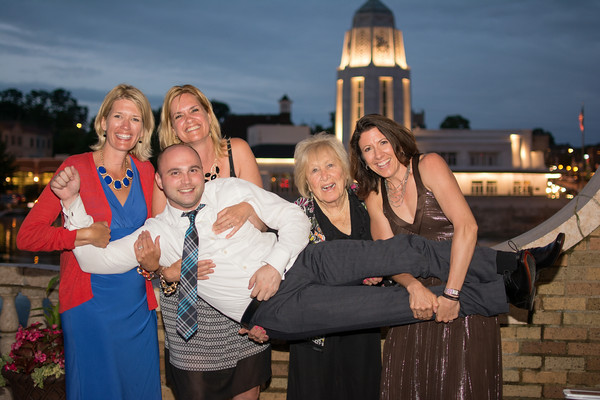
I Want to Lead Like Willy Wonka
“I was born to create the unexpected!” declared Willy Wonka.
After seeing the musical Charlie and the Chocolate Factory this week, I have a renewed fascination with the ethereal chocolatier.
As Roald Dahl’s story goes, the greatest candy maker ever awards five children the opportunity to tour his magnificent chocolate factory.
But before they enter, he warns, you have to believe to see.
Interestingly, on my way to the theater, I noticed a billboard asserting, “You have to see it to believe it.” When did cynicism become our default? We steadfastly disbelieve until provided hard evidence. We watch magic tricks searching for ancient secrets. We question people’s motives.
And when we reign with such cynicism, we encourage cynicism in those around us.
As Charlie’s story progresses, four children succumb to their greed, gluttony, addictions, and entitlement. But Mr. Wonka finds a kindred spirit in gracious Charlie who believes in the power of imagination to make a difference.
I want to lead like Willy Wonka.
- I want to be less cynical.
- I want to unapologetically create the unexpected.
- I want to believe to see.
By leading like Willy Wonka, I can rouse the remarkable (the “Charlie”) in the people around me.






